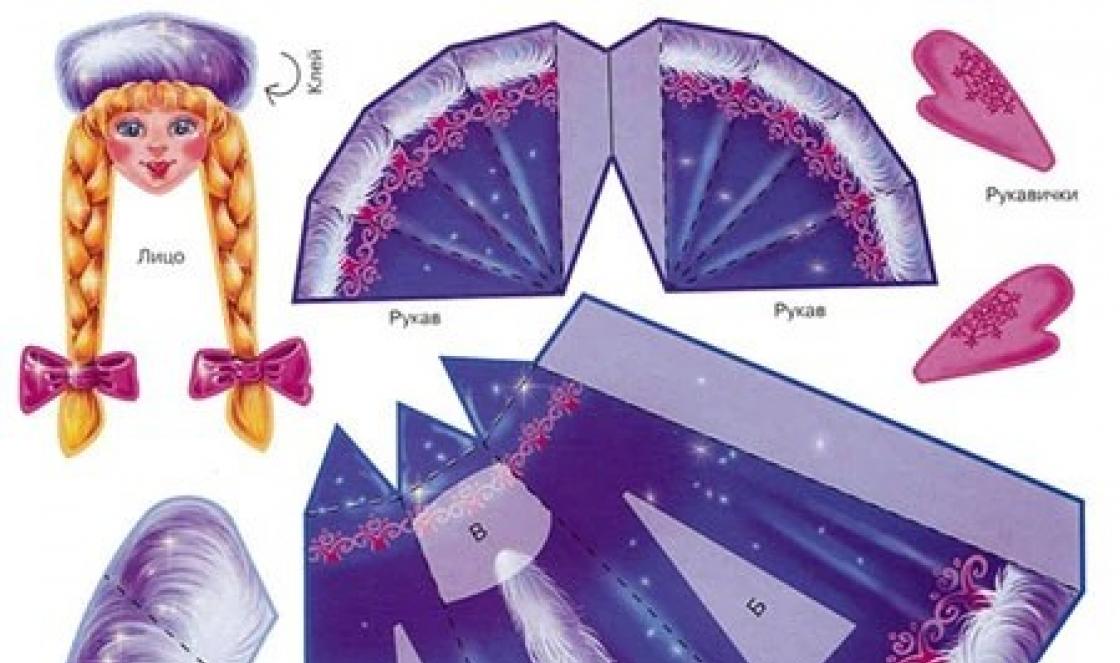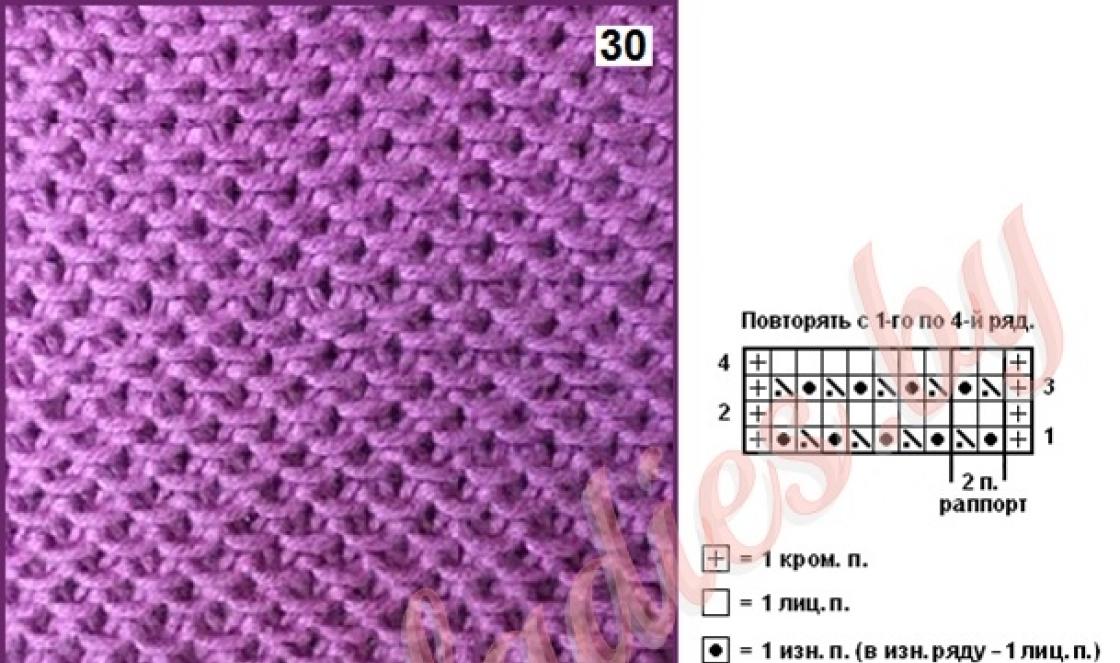Turn off your logic for a while - the questions are aimed at playing with your subconscious. Don't give yourself time to think. Write down the first thing that comes to mind.
1. Imagine that you are walking with someone through the forest. Who could it be?
2. You are walking through the forest and see an animal not far from you. What kind of animal is this?
3. What happens after you meet his eyes?
4. You continue walking through the forest. Go out into the clearing where your dream house stands. How would you describe its size?
5. Is your dream home surrounded by a fence?
6. You enter the house. Go to the dining room to look at the dining table. Describe what you see on and around it.
7. You leave the house through the back door. And you see a cup lying right on the grass. What material is it made of?
8. What would you do if you saw her?
9. You come to the end of the yard, in the middle of which there is a house. There's a pond there. What kind of pond is this?
10. How are you going to cross the water to move on?
The answers to all the questions you provide demonstrate your values and ideals. Here's how to analyze them.
Test answers:
1. The person you are walking next to is the most important person in your life.
2. The size of the imaginary animal is actually the size of your problems inside your subconscious. The larger the animal, the harder your life.
3. The way you react to an unexpected encounter in the forest is your most typical way of solving problems (aggressive, passive or escaping).
4. The size of the house you saw is the size of your ambitions. If it's too high, you may have high expectations from life.
5. If there is no fence, you are an open and internally free person. If it is there, it means you value personal space and expect the same from others. That is, you will never enter the personal space of others without permission.
6. If you don’t see food, flowers or people in this room, then you are most likely deeply unhappy.
7. The strength and durability of the material from which the cup is made is how strong and strong you perceive your family relationships to be. Disposable plastic or paper cup? Glass? Most likely, you are worried about the future of your family. If the cup was metal or porcelain in your mind, then you have nothing to worry about.
8. Your action characterizes your attitude towards the person from question number 1.
9. The size of the pond is the size of your sexual appetite.
10. The wetter the mode of transportation you choose, the more important sex is in your life.
Important: You can take this test again and again within a few days of each other. The fact is that it does not reflect some basic characteristics of your personality, but your psycho-emotional state in at the moment.
The Spielberger test is used to determine psycho emotional state person, identifying his weaknesses. The data obtained through this test is no longer necessary for the patient, but for the psychotherapist or psychologist to build further tactics with the person being examined.
The Spielberger test is quite simple to use and quite highly informative. The test makes it possible to find out the level of personal anxiety, depending on the characteristics, the formed character of the child and the indicator of reactive anxiety. The basis of reactive or situational anxiety is the degree of susceptibility of the child to aggression of various aspects environment at the time of exposure to the latter. The test is a form of questionnaire. When answering questions, the test taker must use the proposed answer options. To determine personal and situational anxiety, 2 sets of questions are used. The version examining personal anxiety uses questions about the patient's condition, which he has been experiencing for a long time. In the block used to determine the level of reactionary anxiety, questions are aimed at clarifying the patient’s condition at the time of the study.
945
Psychologists very often use various color pictures in their practice to determine a person’s emotional state.
But you won't even need to go to a psychologist. You can easily take a similar test yourself and find out what emotional state you are in right now.
To do this, you will need to select two colors from the palette. The first color is the one that you really like at the moment. The second color is the one that you least like at the moment of testing.
Attention! Don't choose your favorite colors at all. The test measures your emotional state right now!
So:

BLUE.
You like it. You strive for agreement, trust, understanding, sympathy. Now you are experiencing emotional comfort, calmness, softness, dreaminess. You are inclined to communicate with friends.
You don't like it. You are restless. Perhaps a close relationship has recently broken down. You are lonely and upset.
GREEN.
You like it. You are confident, even self-confident. Now is the peak of your strength and self-esteem. You are capable of many things and strive to seize power in communication. Get the upper hand over your interlocutors. Perhaps, on the contrary, you have taken up psychological defense.
You don't like it. You are frustrated by the lack of attention and respect from your partner. You are humiliated, offended, wounded and deprived of power. You have no strength left to resist.
RED.
You like it. Now you are emotionally excited. The mood is high. You strive for achievement, success. You are advancing, perhaps putting too much pressure. You are assertive and sometimes aggressive.
You don't like it. You are constantly irritated and overexcited. You are under deep stress. Sometimes you seem exhausted or even tired.
YELLOW.
You like it. Optimism fills your soul and makes your heart beat faster. You are relaxed and full of dreams of success. You are ready for change, for complete release from relationships or obligations.
You don't like it. You are disappointed to the point of despair. You are distrustful and suspicious. You are tossing around, your emotional state is unstable: sometimes a rise, sometimes a sharp decline.
PURPLE.
You like it. You flirt left and right, trying to have at least some kind of sexual affair. You strive to be liked, supported or complimented. The mood is even, but not calm.
You don't like it. You strive to be invisible and hide from unnecessary attention. Modesty, control of feelings and behavior are inherent in you right now.
BROWN.
You like it. You are tired and yearning for rest and emotional stability. You are mentally tired and hungry for a supportive relationship. Underneath, you are afraid of something and do not feel safe. You need sensual satisfaction.
You don't like it. You are like a taut string. You are denying all your emotional and physical needs. You run from weakness, limiting yourself in everything.
BLACK.
You like it. Negativism, rejection, refusal of pleasure and aggression filled your entire mind and body. You are hostile and can explode with rage at any moment. You are close to destroying yourself or your relationship.
You don't like it. Outwardly, you are calm and confident. However, you simply drove the aggression deep inside and switched to the rails of denial and self-flagellation.
GRAY.
You like it. You are looking for a shoulder to lean on. You want to hide from everything superficial that is in your life, to find emotional peace and refuge. You mimic and disguise your true feelings under the guise of feigned indifference and indifference.
You don't like it. You are more proactive than ever. You are completely included in the here-and-now situation. You are contacts, moderately cheerful and resourceful. You have a goal and you gain confident peace of mind in the future. It's like you've found a purpose.
1. Imagine that you are walking through the forest with someone. Who could it be?
2. You are walking through the forest and see an animal near you. What kind of animal is this?
3. What happens after you meet his eyes?
4. You continue walking through the forest and come to a clearing where your dream house stands. How big is this house?
5. Is your dream home surrounded by a fence?
6. You enter the house and go to the dining room to look at the dining table. Describe what you see on and near the table.
7. You leave the house through the back door and see a cup lying right on the grass. What material is it made of?
8. What will you do with this cup?
9. You go to the end of the yard. There is a pond there. What kind of pond is this?
10. How are you going to cross the body of water to move on?
The answers to these questions characterize your values and ideals. Here's how they can be interpreted:
1. The person you walk next to is the most important person in your life.
2. The size of the imaginary animal reflects the size of the problems within your subconscious. The larger the animal, the harder your life.
3. The way you react to an animal shows your most typical way of solving problems (aggression, passivity or avoidance).
4. The size of the house you saw is the size of your ambitions. If it's too high, you may have too high expectations from life.
5. If there is no fence around your house, then you are an open and internally free person. If it is, it means you value other people's personal space, never invade it without permission, and expect similar behavior towards you.
6. If there is no food, flowers or people in the room, then most likely this means that you are very unhappy.
7. The strength and durability of the material from which the cup is made indicates how strong and strong you see your family relationships. Disposable plastic cup or glass cup? This may indicate that you are worried about the future of your family. If you have imagined a metal or porcelain cup in your mind, then you have nothing to worry about.
8. What you do with the cup characterizes the relationship with the person from the first question.
9. The size of the pond is the scale of your sexual desires.
10. The wetter the way you choose to get to the other side, the more important sex is in your life.
Important: You can take this test multiple times, several days apart. The answers to some questions may differ depending on when you take this test. The fact is that the test does not reflect the basic psychological characteristics of your personality, but your psycho-emotional state at the moment.
Assessment of emotional states
Instructions: You will be offered a set of 10 statements related to your condition. You need to choose from these 10 statements only one that is most suitable for you.
Completely mad with fear. Lost my mind. Scared by difficulties.
Great anxiety and concern. Plagued by fear.
Significant uncertainty. Quite traumatized by uncertainty.
I am experiencing some concern, fear, anxiety. I'm worried.
Somewhat preoccupied, feeling awkward, a little anxious.
Nothing particularly bothers me.
Generally confident and free from anxiety.
Feeling of complete well-being. Confident and at ease.
Exceptionally calm, extremely confident and not worried.
Perfect and complete calm, unshakable self-confidence.
Absolutely exhausted. Incapable of even the slightest effort.
Terribly tired. Almost exhausted and practically incapable of action.
Great fatigue. Lethargic. Scarce energy resources.
Quite tired. Apathetic. There is not much energy left.
A little tired. Laziness. There is not enough energy.
I feel quite fresh, moderately alert.
I feel very fresh and have a lot of energy.
Lots of energy, strong need for action.
Overflowing vitality, enormous energy and activity.
An impulse that knows no boundaries. Life force overflows.
Extreme depression and despondency. Depressed, everything is black and gray.
Very depressed. I feel absolutely terrible.
Depressed and feeling very depressed. The mood is definitely gloomy.
The mood is depressed and somewhat sad.
I feel a little depressed, “so-so.”
I feel pretty good, “okay”.
I feel very good. Cheerful.
Excited, in a good mood.
Very excited and in a very high state. Enthusiasm.
Strong lifting, enthusiastic fun.
A pressing feeling of weakness and futility of effort. It won't work out for me.
I feel pathetic and unhappy. Tired of my incompetence.
Suppressed by his weakness and lack of ability.
I feel pretty incapable.
I feel that my skills and abilities are somewhat limited.
I feel pretty competent.
I feel that my abilities are sufficient and my prospects are good.
Very confident in his abilities.
I feel more confident in myself. Confident in my achievements.
Nothing is impossible for me. I can do whatever I want.
Description of scales:
Calmness-anxiety scale
above 5-6 statements: In the survey, the subject shows the predominance of “Calmness”: self-control, restraint, patience, sedateness, prudence, poise, equanimity, tolerance
selection of 5-6 statements: In self-assessment, the subject shows average scores on the “Calmness-Anxiety” scale without a clear predominance of one of the poles.
selection of 1-4 statements: According to the subject’s self-assessment, twitchiness, intimidation, complex, indecisiveness, timidity, nervousness, uncertainty, tension, timidity are predicted
Energy-Fatigue Scale
above 5-6 statements: The subject evaluates himself as a person: proactive, active, enterprising, obsessed, aspiring, active, ebullient, punchy, efficient.
selection of 5-6 statements: In self-assessment, the subject shows average indicators on the “Energetic-Fatigue” scale without a clear predominance of one of the poles.
selection of 1-4 statements: The subject evaluates himself as: uninitiative, passive, inert, lacking initiative, sluggish, apathetic, indifferent, slow.
"Elation-depression" scale
above 5-6 statements: The subject evaluates himself as: ebullient, temperamental, perky, impetuous, energetic, freedom-loving, liberated, lively, agile, lively.
selection of 5-6 statements: In self-assessment, the subject shows average indicators on the “Elation-Depression” scale without a clear predominance of one of the poles.
selection of 1-4 statements: The subject evaluates himself as: shy, timid, indecisive, timid, intimidated, shy, depressed, timid, depressed, overwhelmed.
Scale "Self-confidence - feeling of helplessness"
above 5-6 statements: The subject evaluates himself as: a fighter, seasoned, decisive, stubborn, heroic, efficient, strong, strong-willed, firm, fearless, courageous, independent.
selection of 5-6 statements: In self-assessment, the subject shows average indicators on the “Confidence-Helplessness” scale without a clear predominance of one of the poles.
selection of 1-4 statements: Rated: unrequited, weak-willed, voiceless, timid, weak, weak-willed, depressed.





